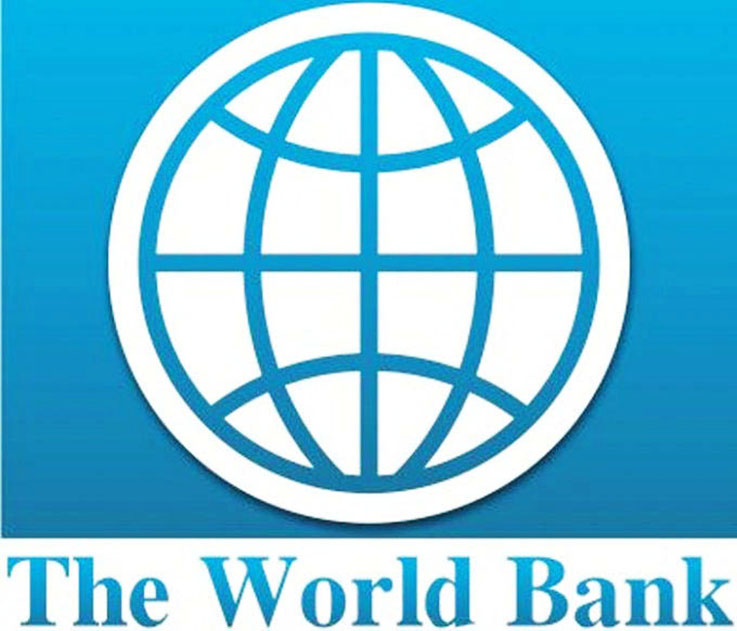Adherence to the World Bank’s Sexual Exploitation and Abuse and Sexual Harassment policy must be declared in all procurement bids under a World Bank-funded Ministry of Agriculture multi-million dollars’ contract.
“All Bids must be accompanied by a Sexual Exploitation and Abuse (SEA) and/or Sexual Harassment (SH) Declaration,” the notice in Stabroek News’ Friday September 1st edition states.
The notice explains that Guyana received a Credit Line from the World Bank toward the cost of the Additional Financing – Flood Risk Management Project (AP-FRMPY) and intends to apply part of the proceeds toward payments under the contract for Reconstruction of the North Eastern Dam of the East Demerara Water Conservancy – Phase II, Lots 1 to 4. The construction period is scheduled for three hundred and sixty five (365) calendar days per Lot. Each lot will be executed concurrently. Bidding for the project will be conducted through international competitive procurement using Request for Bids (RFB) as specified in the World Bank’s Procurement Regulations for IF Borrowers Procurement in Investment Projects Financing” (Procurement Regulations), and is open to all eligible bidders.
The World Bank says that it continues to take concerted measures to strengthen its approach to management and prevention of SEA-SH risks, as it explained that SEA/SH is a global issue that affects 1 in 3 women in their lifetime, and also affects some men, girls and boys. Incidents of SEA/SH have occurred in projects financed by the World Bank, it pointed out, and as a result, the Bank is taking “concerted measures to strengthen its approach to management and prevention of SEA/SH risks.”
It explains: “The strengthened requirements in works procurement are guiding borrowers in the assessment of bidders’ responsiveness and competence to comply with specific SEA-SH-related obligations during the bid evaluation process. They also set clear expectations in contract conditions by stipulating obligations to manage Gender-based Violence (GBV)/SEA-SH risks that are within the contractors’ control. Enhanced procurement documents provide clear, strong basis for borrowers to prevent, mitigate and manage SEA-SH risks and exercise appropriate remedies”.
The Bank noted that it “is ready to implement the final recommendation of the GBV Task Force to hold contractors (and any non-compliant subcontractor) accountable for fulfilling their SEA-SH obligations during contract implementation through enhanced Bank remedy for non-compliance.
The Bank is the first Multilateral Development Bank (MDB) to implement measures which ensures that contractors and subcontractors who don’t comply with these critical requirements will not receive further Bank-financed contracts anywhere in the world for a period of two years.” The new measures came into effect on January 1, 2021 and they apply to all works procurements, whose procurement process was initiated after January 1, 2021, under Projects assessed as high-risk of SEA/SH that apply Standard Procurement Documents (SPDs) (based on FIDIC General Conditions).
“Any application for retroactive financing or where advance procurement has been undertaken, the Borrower will need to show that SEA/SH risks are fully addressed and that any firm awarded a contract to undertake the initial work is/was not disqualified by the Bank at the time the contract was awarded to be considered eligible projects for financing,” the WB makes clear. It explained that a disqualified contractor will not be awarded any Bank financed contract for procurement of Works, Goods, Consulting Services and Non-Consulting Services.









